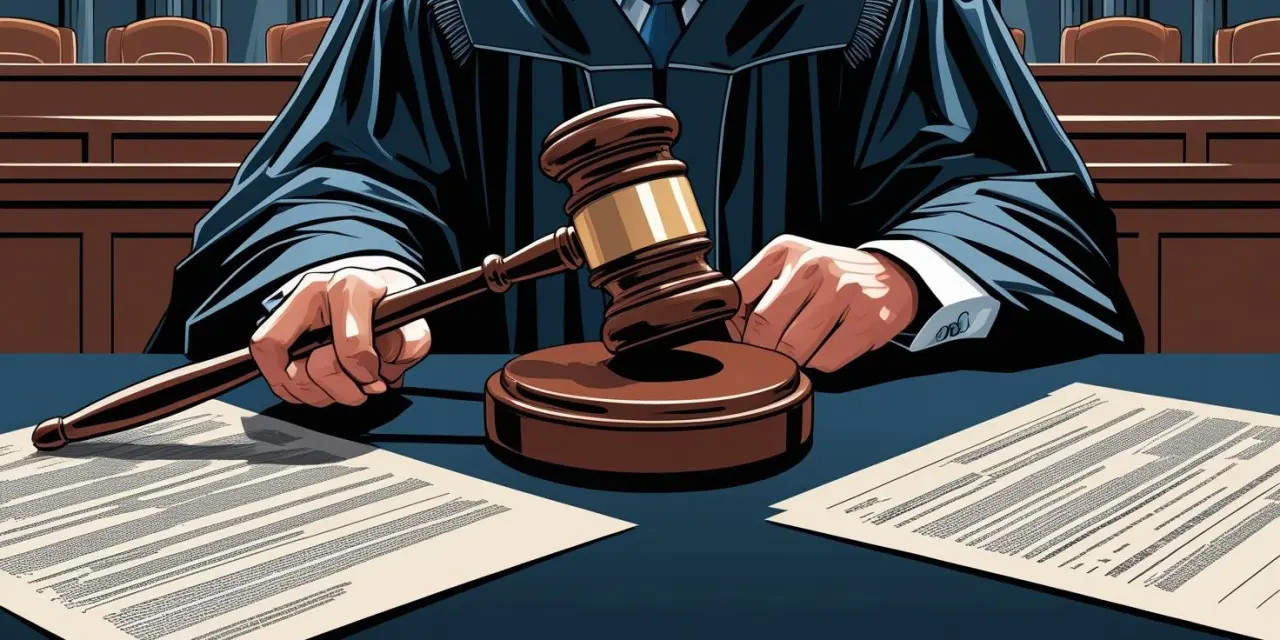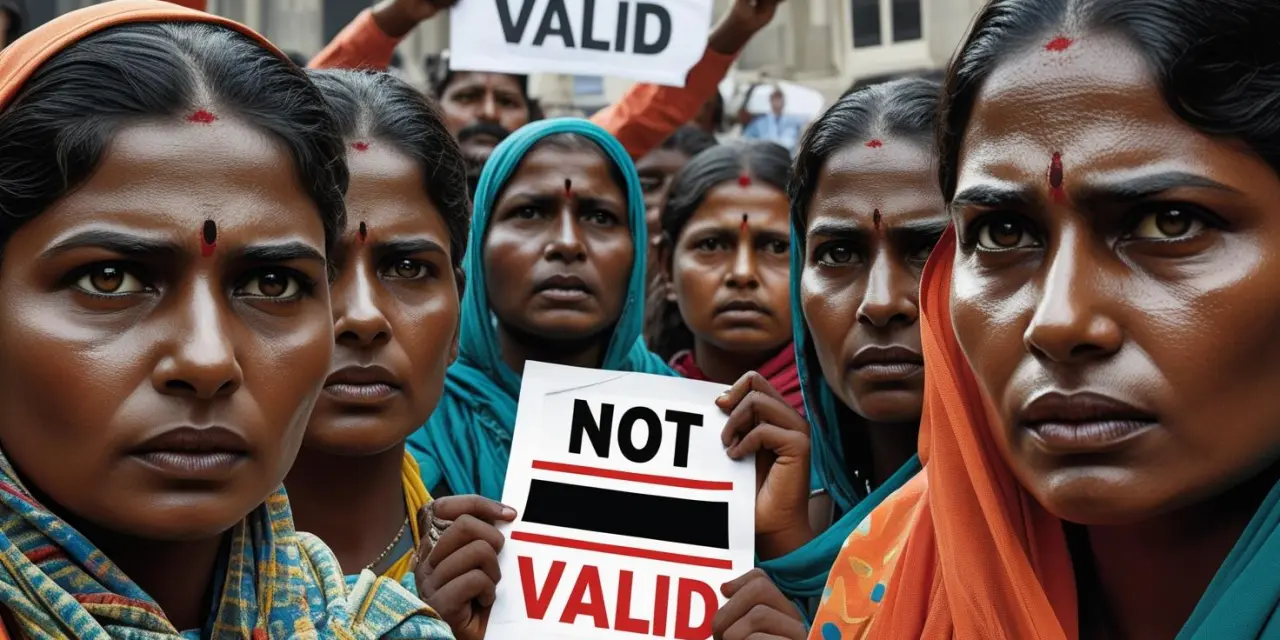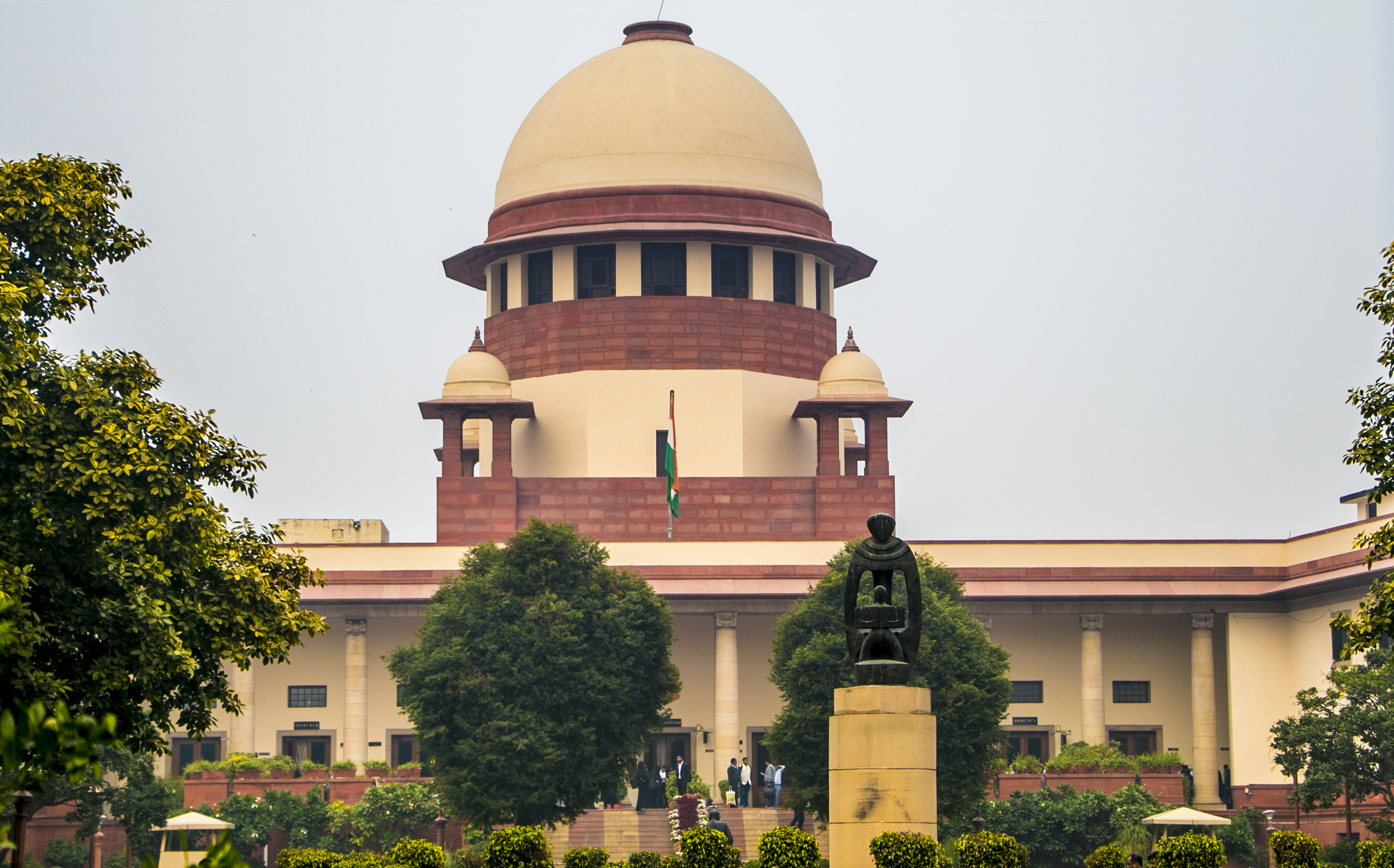High Court can quash criminal proceedings in cases of non-compoundable offences when the alleged victim repudiates the allegations

Implications of Judicial Discretion in Quashing Heinous Offence Allegations
In a landmark decision, the Gauhati High Court exercised its inherent powers under Section 482 of the Criminal Procedure Code (CrPC) to quash criminal proceedings against Gunja Dutta, accused under Sections 365, 376, and 506 of the Indian Penal Code (IPC). The case, Gunja Dutta v. State of Assam, underscores the delicate balance between judicial discretion and societal impact in cases involving serious offences such as rape.
Background of the Case
The case originated from an FIR filed by the alleged victim, who claimed that Gunja Dutta forcibly abducted and raped her. The Kheroni Police Station registered the case under Sections 365, 376, and 506 of the IPC based on these allegations. However, subsequent developments revealed a different narrative.
The victim later filed an affidavit repudiating her earlier allegations, explaining that the FIR was lodged out of anger and misunderstanding. She clarified that her relationship with Dutta was consensual, and the accusations were unfounded. The medical report supported her statement, indicating voluntary participation in the acts alleged in the FIR.
Judicial Reasoning and Decision
Justice Sanjeev Kumar Sharma, presiding over the case, acknowledged the complexities involved when heinous offences are alleged but also recognized the importance of the victim’s retraction. The court referred to precedents set by the Supreme Court, notably in Gian Singh v. State of Punjab and Kapil Gupta v. State of NCT of Delhi, which delineate guidelines for exercising powers under Section 482 CrPC.
The judgment emphasized that while heinous offences generally have a societal impact warranting prosecution, exceptions exist when the victim repudiates the allegations and the material on record fails to substantiate the charges. The court found that continuing the trial would not serve a fruitful purpose, given the specific facts and circumstances of the case, and would potentially harm the victim’s reputation.
Implications and Analysis
This judgment highlights the nuanced role of judicial discretion in criminal proceedings. The court’s decision to quash the charges, despite their serious nature, reflects an understanding that legal proceedings must be grounded in factual accuracy and justice, rather than merely adhering to procedural norms.
The case illustrates the judiciary’s capacity to adapt legal principles to evolving circumstances, prioritizing the interests of justice over rigid adherence to the letter of the law. It sets a precedent for future cases where victims retract allegations, challenging the notion that all heinous offences must invariably proceed to trial.
Critique and Reflection
While the judgment is commendable for its sensitivity to the victim’s position, it raises questions about the potential for misuse of judicial discretion. Critics may argue that such decisions could embolden perpetrators to coerce victims into withdrawing allegations. Therefore, courts must exercise caution, ensuring that the retraction of allegations is voluntary and not influenced by external pressures.
Moreover, the judgment should not be seen as undermining the seriousness of offences like rape. Instead, it emphasizes the need for a thorough examination of evidence and circumstances before proceeding with trials that could lead to unwarranted reputational damage.
Conclusion
The Gauhati High Court’s decision in Gunja Dutta v. State of Assam is a significant development in the application of Section 482 CrPC, showcasing the judiciary’s role in balancing legal principles with the realities of individual cases. It underscores the importance of judicial discretion in ensuring justice is served while maintaining the integrity of legal proceedings. As the legal landscape continues to evolve, such judgments will play a crucial role in shaping the future application of criminal law in India.
Gunja Dutta v. State of Assam, (Gauhati) : Law Finder Doc id # 2761468



